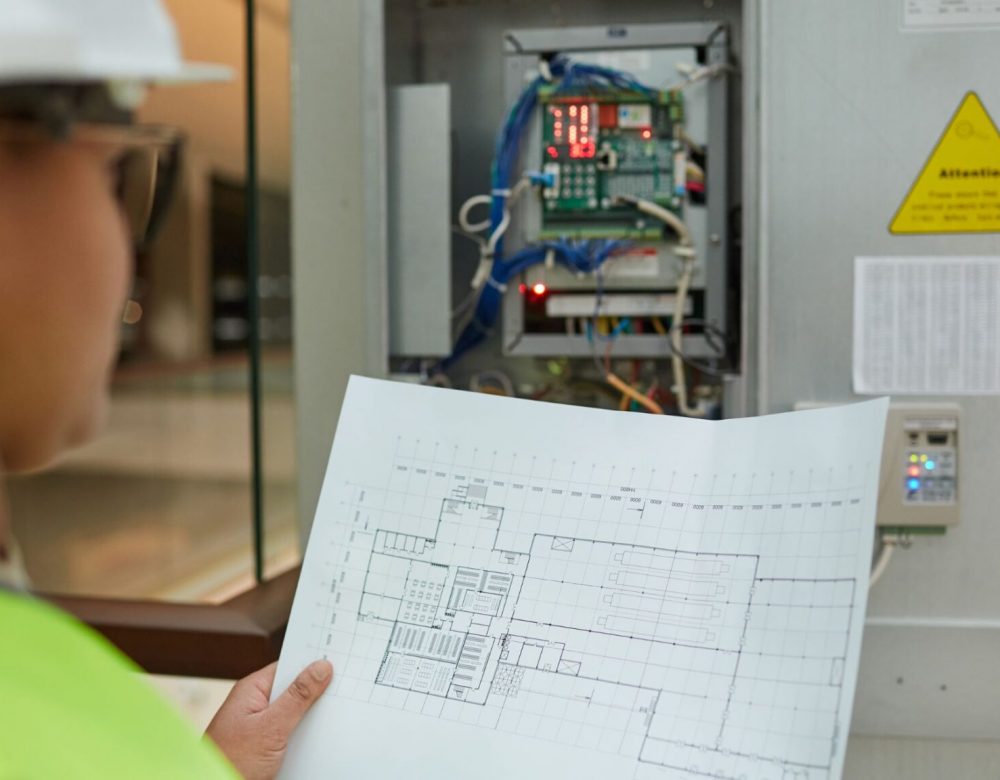When construction disputes arise, few factors are as hotly debated—or as difficult to quantify—as labor tied to heavy equipment use. Who was operating what? For how long? Were delays justified, or was manpower mismanaged? In these cases, heavy equipment labor analysis becomes more than just helpful—it’s essential. At Discovery Experts, we specialize in uncovering the truth behind equipment use, staffing efficiency, and operational timelines. Whether you’re involved in a lawsuit, claim dispute, or audit, our team delivers thorough, defensible reports that stand up in court. With decades of combined experience in the field and on the stand, we know how to bridge the gap between construction practices and legal expectations.

Let’s face it—construction sites are dynamic, fast-moving, and full of variables. Even with the best planning, things change quickly. Materials are delayed, weather interferes, or a crew ends up short-handed. In the middle of it all are the machines—excavators, bulldozers, skid steers—running at thousands of dollars per day, operated by skilled workers who may or may not be used efficiently.
That’s where an expert in heavy equipment labor analysis comes in. In a litigation setting, they help determine whether labor was managed in line with industry standards. Take, for example, a case where a general contractor claims a six-day delay due to backhoe inaccessibility. Is that a valid delay? Or did poor scheduling of crew and equipment contribute more than they’re willing to admit?
Our role is to evaluate these scenarios objectively. We look at actual crew logs, compare performance against industry benchmarks, and translate technical findings into legal insight. It’s a complex intersection of engineering, economics, and law—but it’s where we shine.
To see how we support legal teams across multiple sectors, visit our Construction Expert Witness Services.
Every claim has its own story. But over time, patterns emerge—and we’ve seen them all. From delayed deliveries to disputes over misclassified labor, heavy equipment cases tend to fall into several major categories.

In construction lawsuits, perceptions often clash with hard data. One side claims overworked crews and underperforming machines; the other says the job went off without a hitch. Where’s the truth?
Let’s say you’re representing a subcontractor accused of poor performance. The general contractor insists that a vacuum truck team caused multiple delays. But when we dig into GPS logs and equipment usage, it turns out the delay stemmed from a lack of prep by the general contractor—something that wouldn’t be clear without a structured labor analysis.
On the flip side, we’ve seen cases where contractors underpaid workers by misclassifying specialized operators as general labor. These issues might seem minor, but they can escalate quickly, especially in union-heavy jurisdictions or state-funded projects.
Bottom line? Accurate labor analysis can be the difference between a win and a costly settlement. Our job is to give you the facts—backed by methodology, not guesswork.
You wouldn’t bring a hammer to a welding job. Similarly, you shouldn’t bring a general consultant to a complex labor analysis case. Expertise matters.
Our professionals combine real-world field experience with academic backgrounds in engineering, project management, and economics. We’ve worked with major machinery brands—Caterpillar, Volvo, Kubota, and more—and we understand how these machines are supposed to function, how they’re staffed, and how long jobs should take.
To understand what makes our team stand out in the expert witness space, visit our Experience page
If you’re wondering how this all works in practice, here’s a behind-the-scenes look at our process:
Technology is changing the construction industry faster than ever. GPS-tracked equipment, automated grading systems, and labor tracking software are now standard on many sites. But with these advances come new challenges—and new types of disputes.
We recently assisted in a case where a paving contractor blamed a three-week delay on equipment supply issues. But our review of generator logs and roller crew records showed the problem wasn’t with the machinery—it was with an unbalanced crew schedule and an inexperienced operator on a Case compactor.
Another trend? Increasing scrutiny around locating equipment and safety shoring—especially in urban developments where trenching risks are higher. We’ve worked on multiple claims where OSHA investigations turned up labor shortfalls that could’ve been prevented with better staffing.
We stay current on these changes so our clients don’t fall behind.
Clients call us when the stakes are high. We don’t do generic consulting—we deliver deep, focused insight that wins cases. Here’s why people trust us:
When you need expertise that holds up under scrutiny, Discovery Experts is the partner to call.
Want to learn more? Visit our Discovery Experts page.
What information do I need to provide for a labor analysis?
Project schedules, timecards, equipment logs, site photos, and operator records are a good place to start.
How long does a typical report take?
Most cases are completed within 2–4 weeks, depending on the volume and clarity of available data.
Do you handle prevailing wage or union labor disputes?
Absolutely. We’ve supported legal teams through audits, labor board hearings, and contract disputes involving union crews and public funding.
Whether you’re managing a claim, preparing for court, or trying to settle a complex contract dispute, Discovery Experts can help. We bring clarity to complicated labor questions—giving you the facts, the context, and the expert testimony you need to make your case.